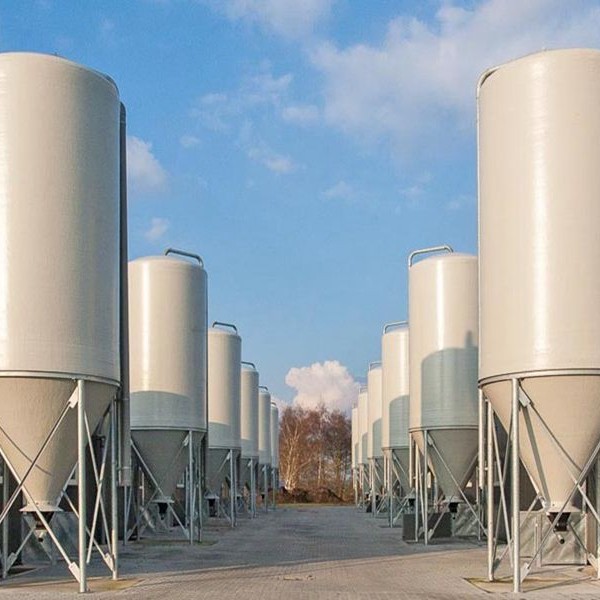
-
 Afrikaans
Afrikaans -
 Albanian
Albanian -
 Amharic
Amharic -
 Arabic
Arabic -
 Armenian
Armenian -
 Azerbaijani
Azerbaijani -
 Basque
Basque -
 Belarusian
Belarusian -
 Bengali
Bengali -
 Bosnian
Bosnian -
 Bulgarian
Bulgarian -
 Catalan
Catalan -
 Cebuano
Cebuano -
 China
China -
 China (Taiwan)
China (Taiwan) -
 Corsican
Corsican -
 Croatian
Croatian -
 Czech
Czech -
 Danish
Danish -
 Dutch
Dutch -
 English
English -
 Esperanto
Esperanto -
 Estonian
Estonian -
 Finnish
Finnish -
 French
French -
 Frisian
Frisian -
 Galician
Galician -
 Georgian
Georgian -
 German
German -
 Greek
Greek -
 Gujarati
Gujarati -
 Haitian Creole
Haitian Creole -
 hausa
hausa -
 hawaiian
hawaiian -
 Hebrew
Hebrew -
 Hindi
Hindi -
 Miao
Miao -
 Hungarian
Hungarian -
 Icelandic
Icelandic -
 igbo
igbo -
 Indonesian
Indonesian -
 irish
irish -
 Italian
Italian -
 Japanese
Japanese -
 Javanese
Javanese -
 Kannada
Kannada -
 kazakh
kazakh -
 Khmer
Khmer -
 Rwandese
Rwandese -
 Korean
Korean -
 Kurdish
Kurdish -
 Kyrgyz
Kyrgyz -
 Lao
Lao -
 Latin
Latin -
 Latvian
Latvian -
 Lithuanian
Lithuanian -
 Luxembourgish
Luxembourgish -
 Macedonian
Macedonian -
 Malgashi
Malgashi -
 Malay
Malay -
 Malayalam
Malayalam -
 Maltese
Maltese -
 Maori
Maori -
 Marathi
Marathi -
 Mongolian
Mongolian -
 Myanmar
Myanmar -
 Nepali
Nepali -
 Norwegian
Norwegian -
 Norwegian
Norwegian -
 Occitan
Occitan -
 Pashto
Pashto -
 Persian
Persian -
 Polish
Polish -
 Portuguese
Portuguese -
 Punjabi
Punjabi -
 Romanian
Romanian -
 Russian
Russian -
 Samoan
Samoan -
 Scottish Gaelic
Scottish Gaelic -
 Serbian
Serbian -
 Sesotho
Sesotho -
 Shona
Shona -
 Sindhi
Sindhi -
 Sinhala
Sinhala -
 Slovak
Slovak -
 Slovenian
Slovenian -
 Somali
Somali -
 Spanish
Spanish -
 Sundanese
Sundanese -
 Swahili
Swahili -
 Swedish
Swedish -
 Tagalog
Tagalog -
 Tajik
Tajik -
 Tamil
Tamil -
 Tatar
Tatar -
 Telugu
Telugu -
 Thai
Thai -
 Turkish
Turkish -
 Turkmen
Turkmen -
 Ukrainian
Ukrainian -
 Urdu
Urdu -
 Uighur
Uighur -
 Uzbek
Uzbek -
 Vietnamese
Vietnamese -
 Welsh
Welsh -
 Bantu
Bantu -
 Yiddish
Yiddish -
 Yoruba
Yoruba -
 Zulu
Zulu
Innovative Solutions in Fiberglass Chemical Products for Modern Applications and Industries
The Versatility of Fiberglass Chemical Products
Fiberglass, a composite material made of fine glass fibers, is renowned for its exceptional strength and lightweight characteristics. It plays a pivotal role in numerous industries, owing to its versatility and durability. At the heart of fiberglass products are various chemical compositions that enhance their traits and applications. This article delves into the significance of fiberglass chemical products, exploring their composition, benefits, and the industries that rely on them.
Chemical Composition of Fiberglass
Fiberglass is primarily made from a combination of silica, alumina, and various forms of glass fibers, which are bound together by a polymer resin. The most common resins used in fiberglass production include unsaturated polyester, epoxy, and vinyl ester resins. The choice of resin significantly influences the mechanical properties, thermal resistance, and chemical stability of the final product.
1. Silica Fiber The primary raw material, silica is derived from sand and provides the base structure. The fibers are processed to achieve a predefined diameter, resulting in extensive surface area and strength.
2. Resins Resins act as the binding agents in fiberglass products. Unsaturated polyester resins are widely used due to their cost-effectiveness and good mechanical properties, making them ideal for many general-purpose applications. Epoxy resins, on the other hand, are known for their superior adhesion and resistance to environmental degradation, while vinyl ester resins offer excellent corrosion resistance, making them suitable for more demanding applications.
Benefits of Fiberglass Chemical Products
Fiberglass products boast a myriad of benefits that make them indispensable in various applications
- Lightweight One of the most significant advantages of fiberglass is its lightweight nature. This characteristic allows for easier handling and transportation, making it ideal for construction, automotive, and aerospace applications.
- High Strength-to-Weight Ratio Despite being lightweight, fiberglass possesses a remarkable strength-to-weight ratio. This property enables it to withstand considerable loads without deforming, making it suitable for rigid structural components.
- Corrosion Resistance Fiberglass exhibits excellent resistance to environmental and chemical corrosives, which is particularly advantageous in the marine and chemical industries. This durability extends the lifespan of components and reduces maintenance costs.
fiberglass chemical product

- Thermal Insulation Fiberglass possesses natural insulating properties, making it useful in applications where temperature control is critical. Whether it’s insulation in buildings or thermal protection in industrial processes, fiberglass plays a vital role.
- Design Flexibility Fiberglass can be molded into complex shapes, offering designers the freedom to innovate
. This versatility enables the production of customized components tailored to specific requirements.Diverse Applications of Fiberglass
The versatility of fiberglass chemical products allows their application across a spectrum of industries
- Construction Fiberglass is extensively used in constructing roofs, windows, doors, and structural components, providing durability and insulation.
- Automotive The automotive industry utilizes fiberglass in body panels, dashboards, and various interior components, enhancing fuel efficiency and performance.
- Aerospace Lightweight components made from fiberglass contribute to the overall efficiency of aircraft, enabling them to achieve greater fuel economy.
- Marine Fiberglass is a preferred material for boat hulls, providing strength and resistance to water damage, ensuring longevity.
- Electrical & Electronics Fiberglass is employed in the production of circuit boards and enclosures, thanks to its non-conductive properties and stability under various thermal conditions.
In conclusion, fiberglass chemical products represent a unique intersection of chemistry and engineering, yielding a material that is strong, lightweight, and versatile. As industries evolve and seek innovative solutions, fiberglass will undoubtedly continue to be a cornerstone in the development of advanced products and technologies. Its numerous advantages make it an invaluable resource that drives progress across multiple sectors.









